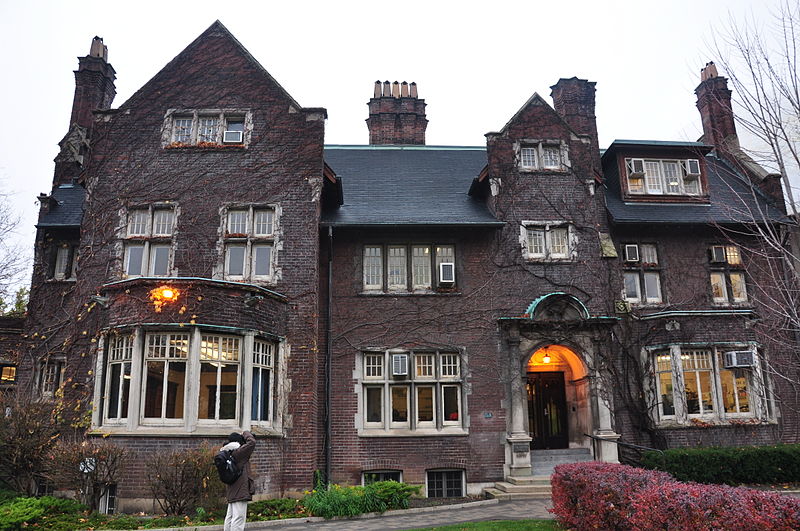Our law school is at a crucial crossroads. The legal market looks stagnant, tuition is at a record high and increasing, and numerous concerns have been raised by the student body over the new building and 1L curriculum reform. With the departure of Mayo Moran as Dean of the Faculty of Law, the Editorial Board of Ultra Vires calls for University of Toronto President Meric Gertler to appoint three student representatives, selected by a student vote, to sit on the advisory committee that recommends a new Dean.
The procedure for selecting the new Dean is – to put it charitably – byzantine at best, and follows the University’s Policy on Appointment of Academic Administrators (PAAA).
Section 60 of the PAAA stipulates that the University President, “following a call for nominations, [after consulting] members of the Faculty, shall appoint an advisory committee”, which “normally shall be composed” of “one to three students of that Faculty” along with another 7 to 13 appointed and ex officio spots for professors, administrators, and community members. Section 66 says that “the recommendation of the committee and the vote shall be transmitted” to the University President, who will then “transmit his/her own recommendation to the appropriate body of the Governing Council.”
While the PAAA gives President Gertler the power to appoint only one law student of his own choosing, Ultra Vires calls for him to nominate the maximum number of three student representatives selected by a vote of the student body. The advisory committee to select our new Dean needs, as one Ultra Vires editor put it, three “students, representing students, selected by students”.
The current model of student nomination and Faculty Council advisement is insufficient to properly canvass student opinion and give effect to the concerns of the student body. Students who do not represent the concerns of their peers may be selected to sit on the advisory committee by virtue of connections to faculty or administrators. Only an election can ensure that student representatives accurately reflect the interests of law students broadly.
These concerns are all the more pressing given the numerous challenges the Faculty faces. The current state of the legal market is worrisome, as Bay Street hiring remains bleak and the number of law school and NCA graduates continues to rise. Issues with the new building persist, as construction proceeds – in outgoing Dean Moran’s words – “somewhat slower than we had hoped.” The 1L curriculum just underwent a radical overhaul, and tuition is at a record high and increasing ($28,791 for the 2013-2014 academic year, the highest tuition of any law school class in Canadian history). The new Dean will have to make some very difficult decisions on some very difficult issues. Given the enormous impact those decisions will have on students’ debt levels, job prospects, academic experience, and mental health, students should be able to decide who speaks for them when recommending a new Dean.
Selecting the leadership of the SLS on the grounds that they are the elected representatives of the student body is not an adequate substitute. The SLS Executive is extremely capable, but the task of appointing a new Dean – and what sort of characteristics, values, and priorities students seek– was not on the table during last year’s election. Whereas elections for the SLS Executive involve a broad range of issues including society finances, social events, and the managerial abilities of candidates, a new election needs to be held for the specific purpose of selecting representatives based on the sole issue of selecting the new Dean.
There are approximately 600 students at the law school, made up of around 515 JDs and 85 LLM and SJD students. The Students Law Society, representing the JDs, could hold an election to select two student representatives from among the JDs, while the LLM and SJD students could hold an election to select the third student representative. Alternatively, all law students can vote in one election to select all three representatives.
Regardless of the specific mechanism, an electoral process is necessary. We urge the President to use his appointment powers under the PAAA to select three student representatives who are elected by their peers specifically for this purpose.






